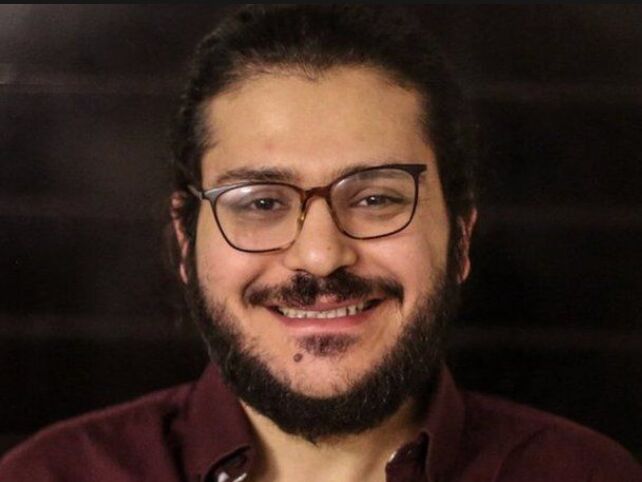Rights Researcher Sentenced to Three Years in Prison for Spreading 'False News' in Egypt
Rights researcher Patrick Zaki has been sentenced to three years in prison for spreading false news, sparking international condemnation and highlighting ongoing restrictions on academic freedom in Egypt. This case underscores the challenges faced by human rights defenders in the country.
In a court ruling on Tuesday, rights researcher Patrick Zaki was sentenced to three years in prison for spreading false news, according to the Egyptian Initiative for Personal Rights (EIPR), the organization where Zaki previously worked. Zaki, a graduate student at the University of Bologna in Italy, was arrested during a visit to Egypt in February 2020.
He spent 22 months in pre-trial detention before being released pending his trial. Zaki was accused of spreading false news in an article about discrimination faced by Egypt's Coptic Christian minority. The case has received international condemnation, particularly in Italy, where Zaki was studying.
Amnesty International's Italian branch called the ruling a scandalous verdict, and thousands signed petitions in Italy calling for Zaki's release. The verdict has strained relations between Egypt and Italy, with concerns being raised about academic freedom in Egypt.
Zaki's case is not an isolated incident and highlights the ongoing restrictions on academic freedom and human rights in Egypt. The country ranks at the bottom of the Academic Freedom Index, with researchers frequently detained and harassed for their work.
The Egyptian government's crackdown on freedoms has resulted in tens of thousands of political prisoners, including journalists, lawyers, trade unionists, and artists, being imprisoned. The national dialogue launched by the government to engage the opposition has faced skepticism from human rights defenders who view it as a way for the government to improve its image while continuing its repressive policies.
The sentencing of Zaki has led to figures walking out of the government dialogue, with rights lawyers and politicians expressing their disappointment and calling for Zaki's immediate release.
Egypt's president, Abdel Fattah el-Sisi, has faced criticism for his crackdown on freedoms since taking power in 2013, with laws being changed to stifle dissent and allow for prolonged detention without charges or evidence. The case of Zaki serves as a reminder of the challenges faced by those advocating for human rights and academic freedom in Egypt.




